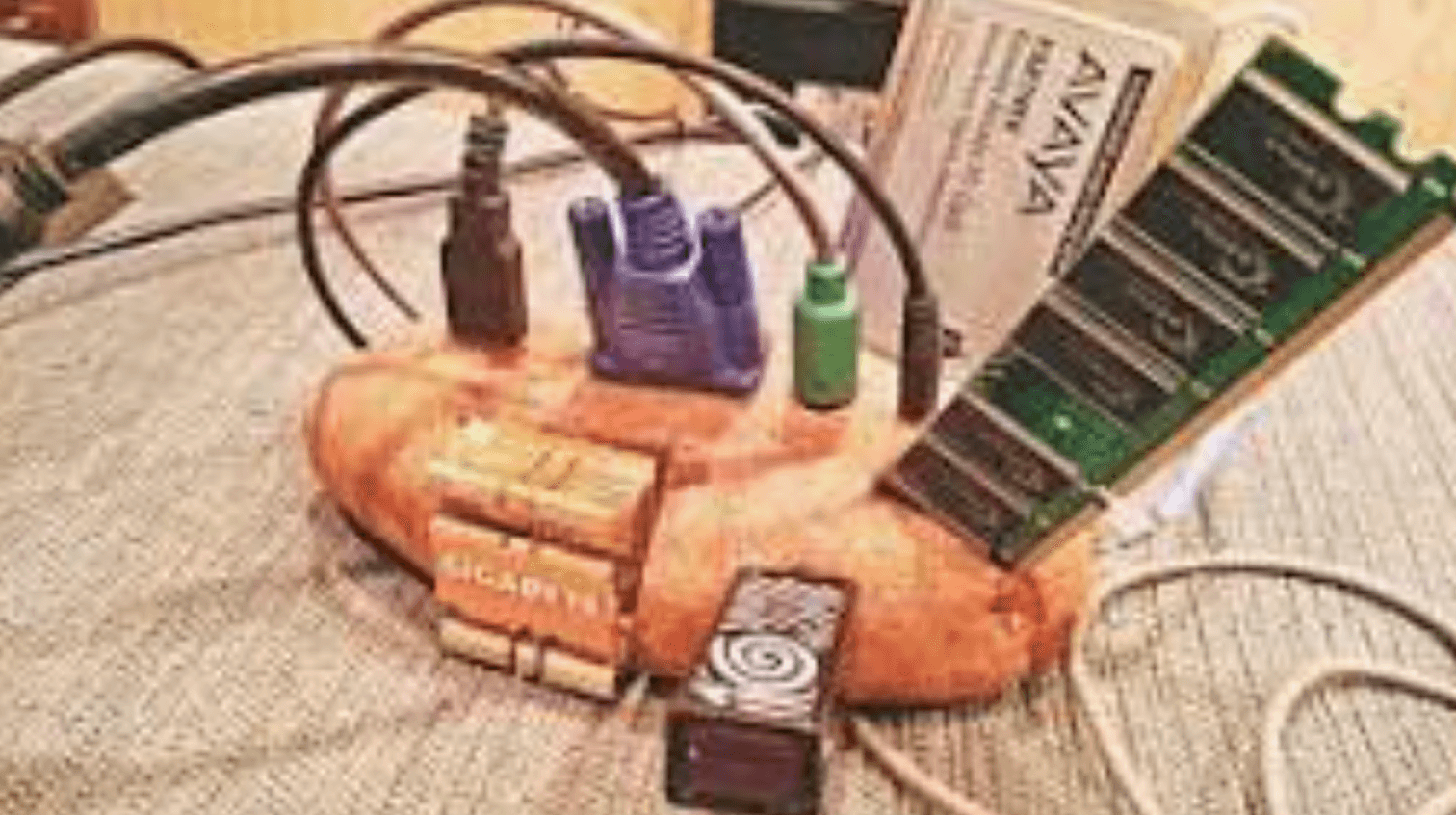How to Build a Budget Gaming PC: A Comprehensive Guide
Learn how to build a powerful budget gaming PC without compromising on performance. From planning to optimization, we cover it all.
Posted by
Related reading
The Ultimate Guide to Choosing the Right Motherboard
Learn everything you need to know about selecting the perfect motherboard for your PC build, from compatibility to features and future-proofing.
Top 5 Mistakes to Avoid When Building a Custom PC
Learn about the most common pitfalls in custom PC building and how to avoid them. From compatibility issues to cooling, we cover it all.

Planning Your Budget Gaming PC Build
Understanding Your Requirements
Before diving in, assess your gaming needs. Make a list of games you plan to play and research their system requirements. This will help you determine the necessary components.
Setting a Realistic Budget
Set a budget that balances cost-effectiveness with your gaming needs. Allocate funds for each component, keeping some flexibility for unexpected costs.
Prioritizing Key Components
Focus your budget on components that directly impact gaming performance:
- CPU (Central Processing Unit)
- GPU (Graphics Processing Unit)
- RAM (Random Access Memory)
- Storage (SSD and/or HDD)
Choosing the Right Components
CPU: Balancing Performance and Cost
Aim for mid-range processors that offer good performance at reasonable prices, such as:
- AMD Ryzen 5 3600
- Intel i5-10400F
GPU: Finding the Sweet Spot
Consider GPUs that offer strong performance for 1080p gaming without breaking the bank:
- NVIDIA GTX 1660 Super
- AMD RX 5600 XT
RAM: Ensuring Sufficient Memory
For budget gaming builds, aim for 16GB of DDR4 RAM from reliable brands like Corsair or G.Skill.
Storage: SSD vs. HDD for Gaming
A good compromise is using a small SSD (250GB-500GB) for your OS and most-played games, paired with a larger HDD (1TB+) for general storage.
Finding Deals and Discounts
- Track seasonal sales like Black Friday and Cyber Monday
- Utilize online forums and communities for deals
- Consider refurbished or second-hand components with warranties
Building the PC: Step-by-Step Guide
Assembling the Hardware
- Prepare your workspace
- Install the CPU
- Install the RAM
- Attach the storage
- Install the GPU
- Set up the power supply
- Perform a final check
Cable Management Tips
Use zip ties or Velcro straps to bundle cables neatly and route them through the case's built-in cable management channels.
Optimizing Performance
Overclocking Safely
Use software like MSI Afterburner for GPU overclocking and the BIOS for CPU adjustments. Always monitor system stability and temperatures.
Regular Maintenance and Cleaning
Regularly clean your PC using compressed air to remove dust from fans, heatsinks, and filters.
Software Tweaks for Enhanced Gaming
Optimize your OS and gaming settings, keep drivers updated, and use gaming mode features in Windows 10.
Conclusion
Building a budget gaming PC is achievable with proper planning and research. Prioritize essential components, find deals, and follow assembly tips to create a system that meets your gaming needs without breaking the bank.
Ready to Build Your Budget Gaming PC?
Visit pickmypcpartsfor.me to start planning your build. Our tools can help you select compatible components within your budget and optimize your gaming performance. Happy building!